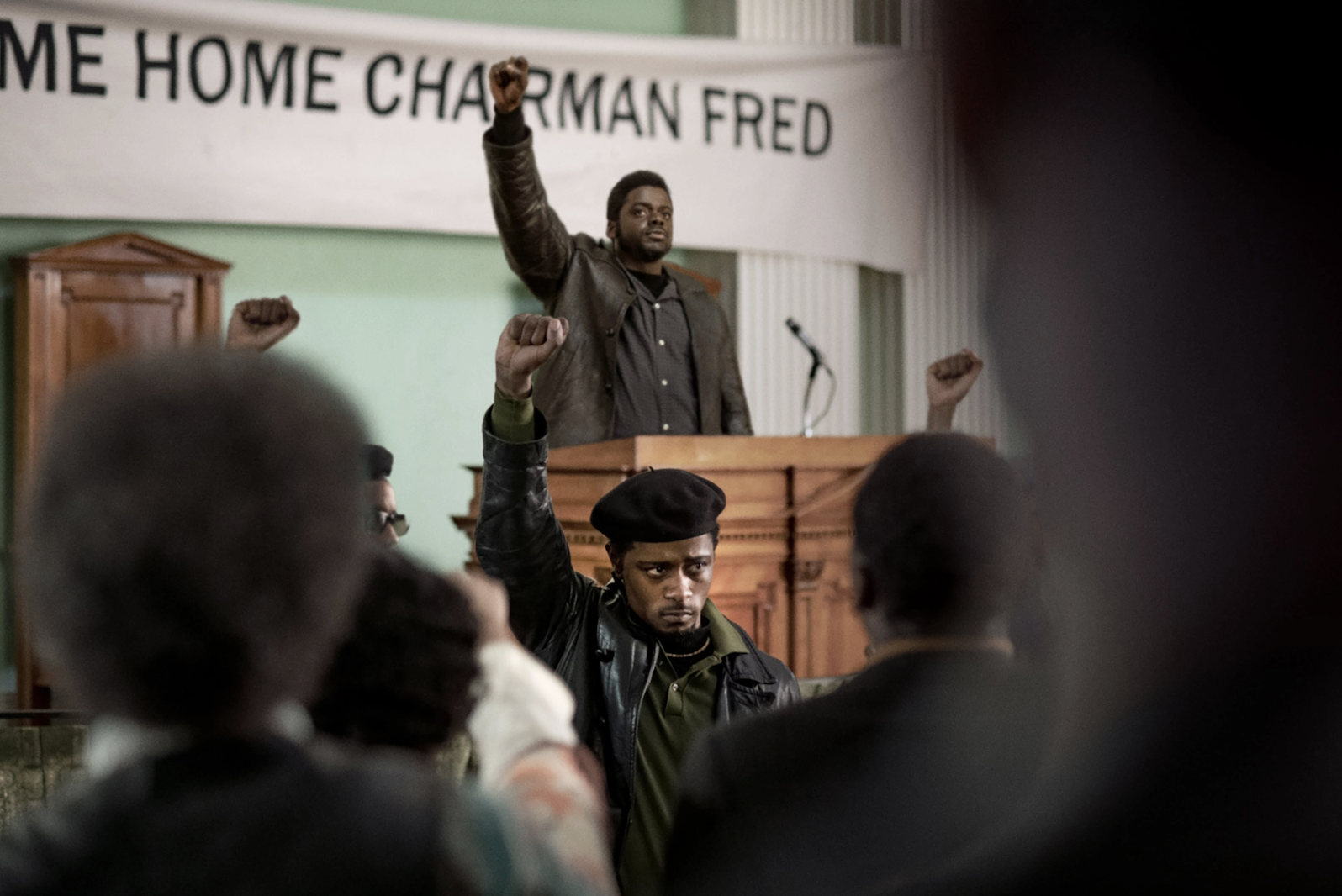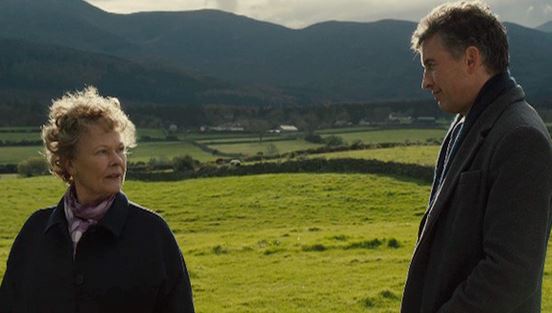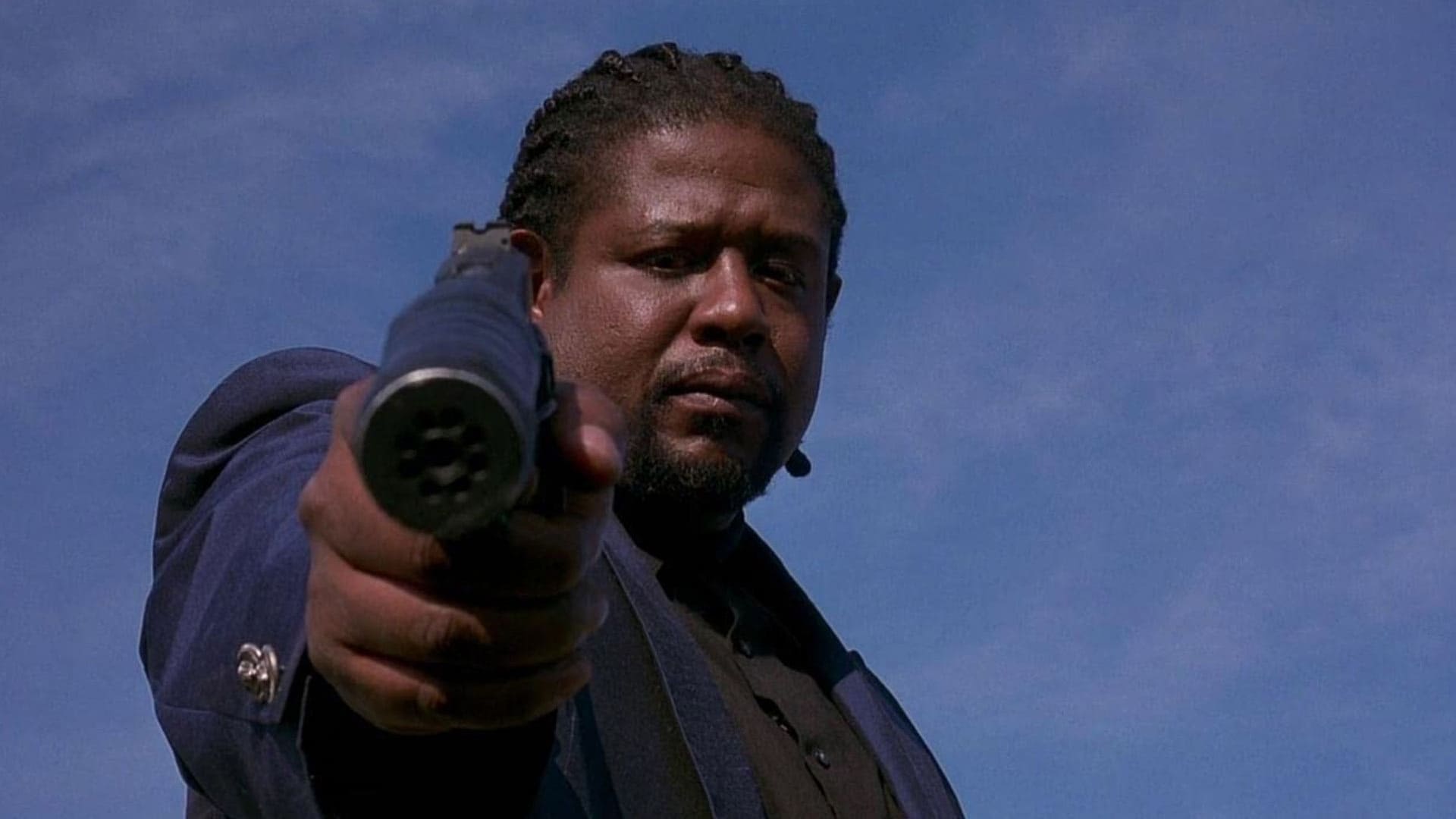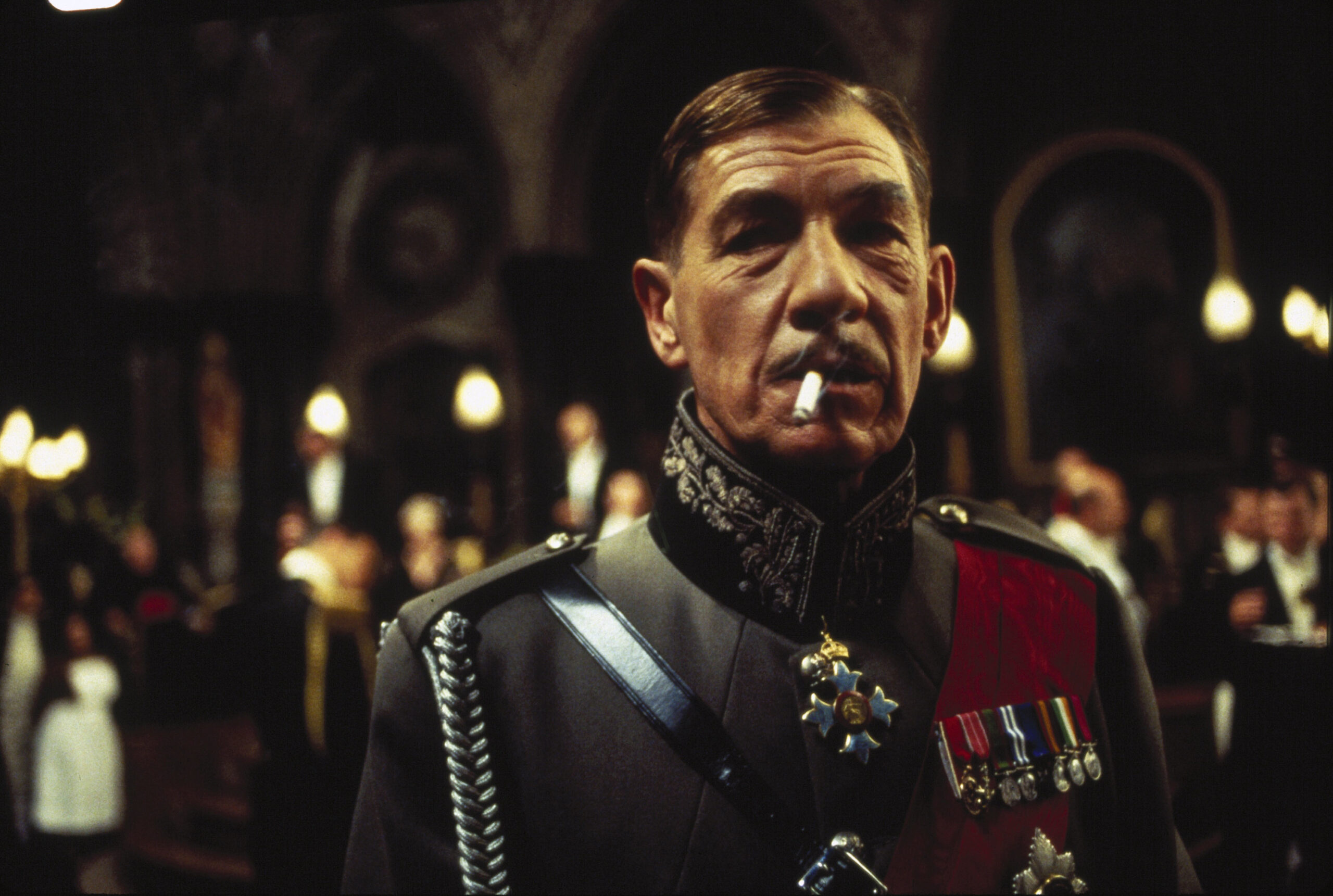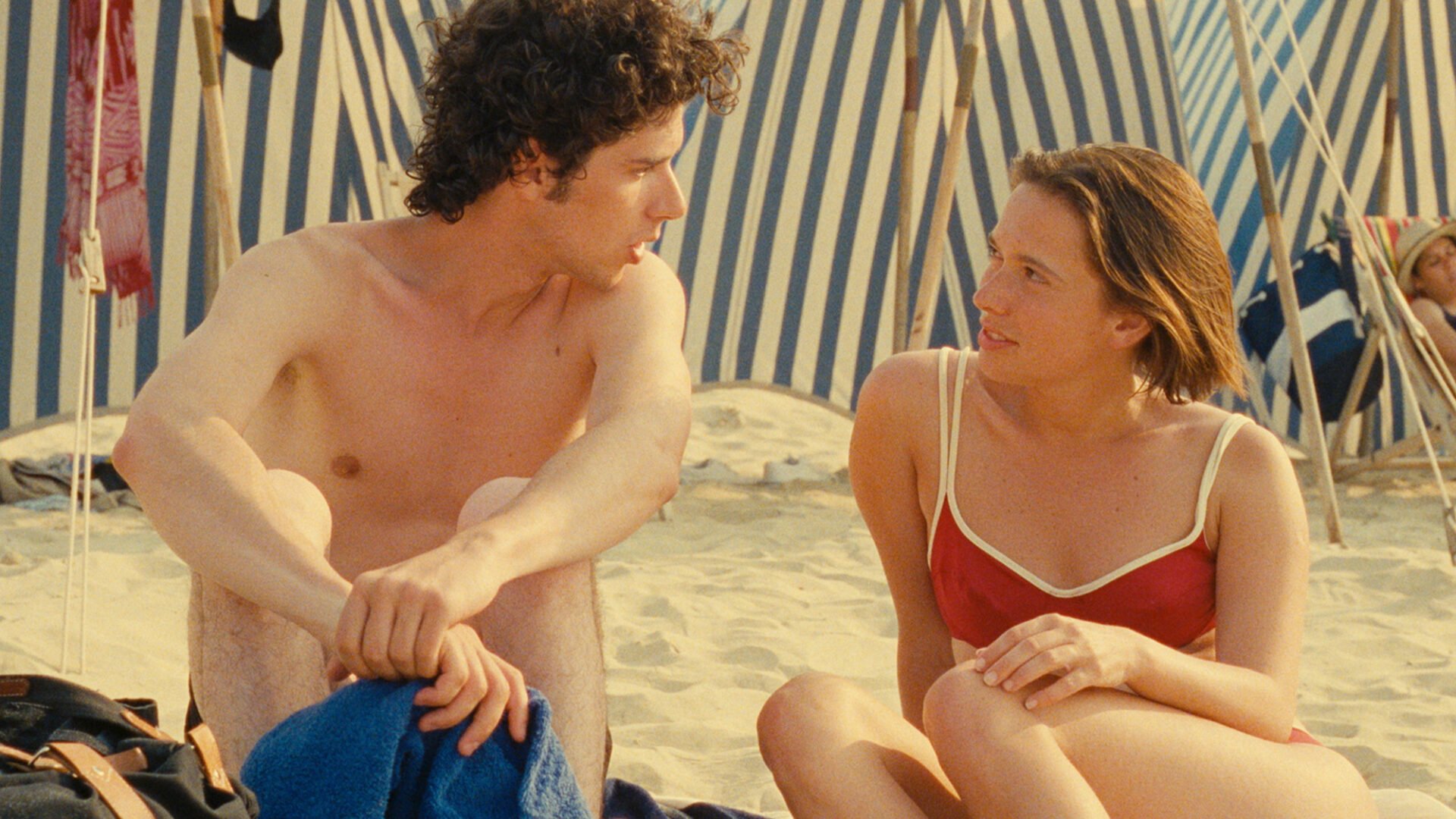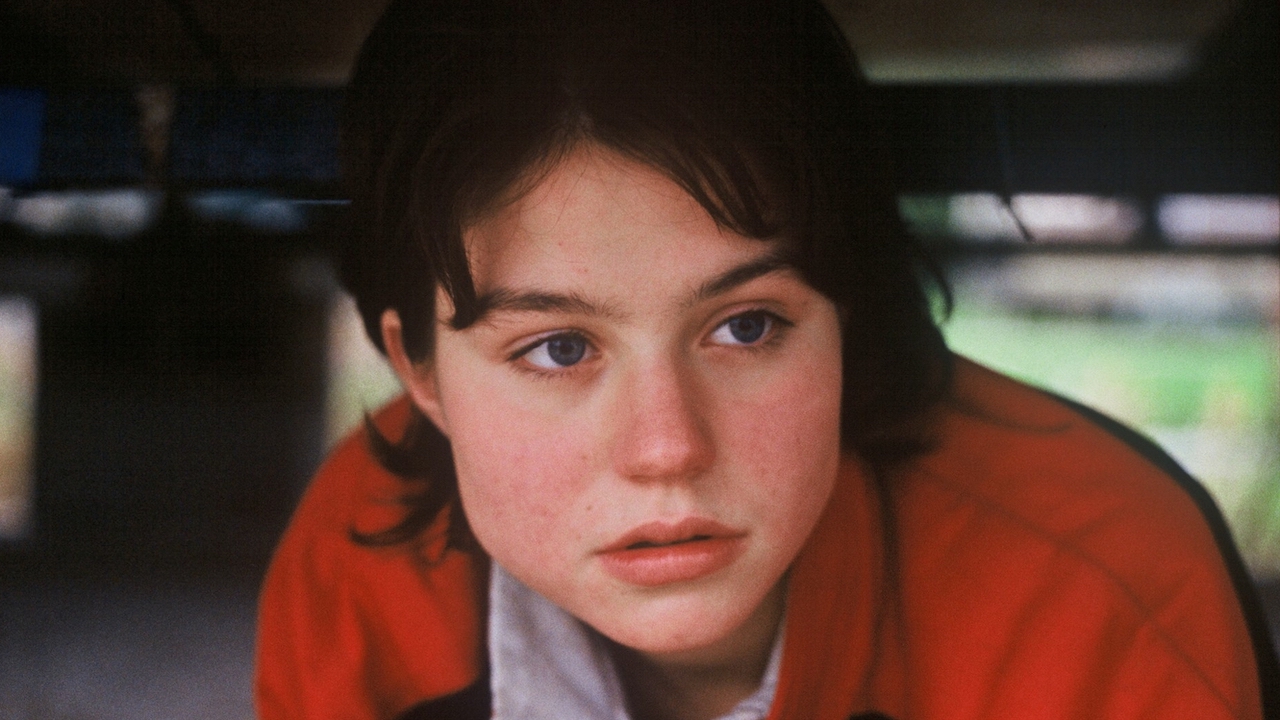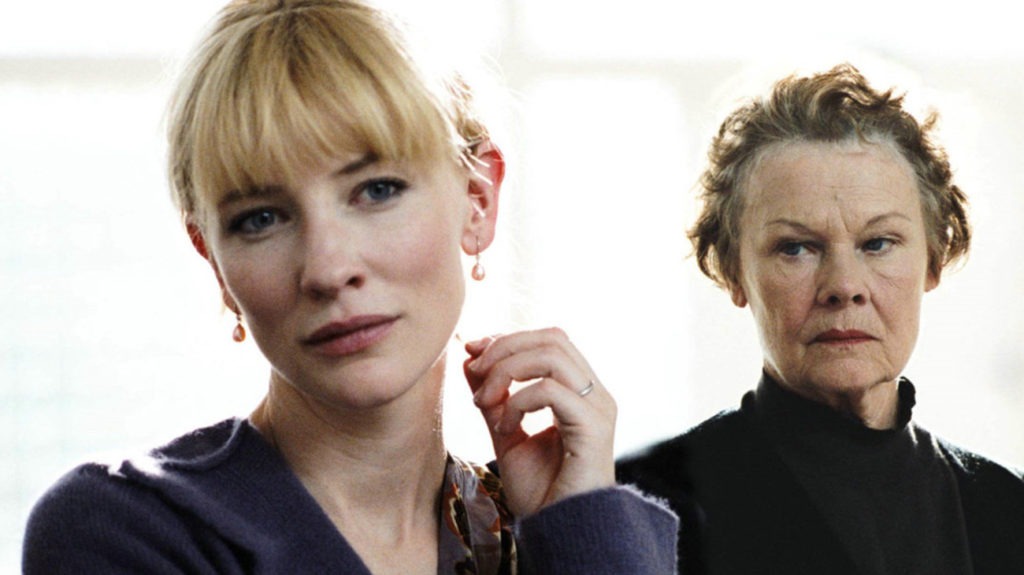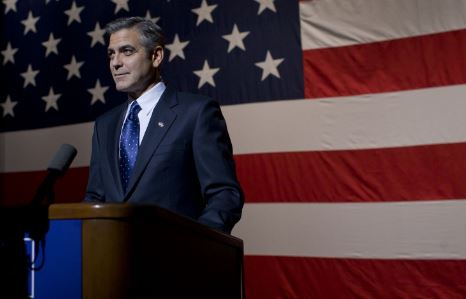
The 10 Best Character-Driven Movies on Max
April 17, 2024
Share:
If you’re looking for a premium selection of movies with strong, mature character work, HBO’s streaming service Max is as good a place to start as any. After pioneering the exploration of complex, morally gray TV characters on shows like The Sopranos and The Wire—a far cry from the episodic TV of the time—HBO is now also one of the most prestigious destinations around for movies. You can expect their selections not to hold back in the kinds of characters they explore, oftentimes brought to life by renowned stars. And here, you’ll find 10 films on the service to get you started.
Read also:
1. Fruitvale Station (2013)
Country
Director
Actors
Moods
This is the true story of Oscar Grant III, a 22-year-old Black man in Oakland, California, who was shot dead by police in the morning hours of New Year’s Day 2009. Incidentally, 2009 was also the time when smartphones started going mainstream, and so the incident was not only captured by CCTV but also many private cell phone cameras. The murder went viral.
Grant is superbly played by Michael B. Jordan in what now counts as one of his breakthrough roles, when many only knew him as Wallace in the now-legendary crime drama The Wire. Director Ryan Coogler went on making two more movies with him, including Black Panther in 2018.
Produced by Academy Award winner Forest Whitaker and compassionately told, Fruitvale Station surpasses the sadness of its subject matter and amounts to an extraordinary celebration of life. A must-watch.
2. Judas and the Black Messiah (2021)
Country
Director
Actors
Moods
One of the most thrilling biographical films to come out of Hollywood in the 2020s, Shaka King’s exhilarating take on a truly remarkable leader within the Black Panther Party—and the young man who would eventually be twisted into betraying him—also provides a respectful, honest space to voice out progressive views that still aren’t fully embraced in the United States. Much of the film is made up of beautiful, powerful rhetoric, contrasting in fascinating ways with scenes of violence or deception that only remind us how ahead-of-his-time chairman Fred Hampton was and still is. And in a thunderous, Oscar-winning performance, Daniel Kaluuya brings all of Hampton’s words roaring to life while still reminding us of how tragically young this inspirational figure was at the time of his death.
But Judas and the Black Messiah tells an equally powerful second story over this one: that of FBI informant William O’Neal who reluctantly agrees to sell Hampton to the feds, and quickly realizes that he’s been scammed too. Rivaling—and, arguably, besting—Kaluuya’s performance is LaKeith Stanfield, whose tortured and increasingly despairing performance as O’Neal is the stuff of pure Shakespearean drama. Together, both stories ask us what real freedom looks like, and that we believe we can still fight for it.
3. Philomena (2013)
Country
Director
Actors
Moods
An inspired by true events tale about an elderly Irish woman trying to find the child she was forced to give up many years earlier. Steve Coogan co-wrote the script and, though the base story is a tragic one, his special brand of very subtle, wry wit is apparent in the dialogue throughout. Judi Dench plays the mother who had kept her “sinful” past a secret for fifty years and, being Judi Dench, I don’t need to bother going on about her exemplary talent, suffice to say she’s charming beyond measure in the role. Steven Frears directs, as usual, deftly, and keeps the story compelling scene after scene, intensifying the emotions inherent to each, whether they be heart-warming, comedic, or outright enraging. Whoever decided to let Steve Coogan have his way with the script, it was a brave and wise choice and together this cast and crew have produced a wonderful and important piece of cinema.
4. Ghost Dog: The Way of the Samurai (1999)
Country
Director
Actors
Moods
Director Jim Jarmusch audaciously combined the DNA of French noir classics with that of samurai and mafia movies to produce this utterly original film. As advised by the ancient Japanese manual it often quotes, though, Jarmusch’s movie also “makes the best” out of its own generation by adding hip-hop into its wry genre blend. The results are more than the sum of their parts, especially because the film is so eccentric: no matter how au fait with its inspirations you are, you still won’t see “Forest Whitaker plays a lonely hitman who wields and whooshes his silencer pistol like a samurai sword, lovingly tends pigeons, and can’t even speak the same language as his best friend” coming.
Ghost Dog’s strangeness is never jarring, though, thanks to Whitaker’s cool, collected performance, an atmospheric score by Wu-Tang Clan’s RZA, and the cinematography’s tendency to use smooth double exposures for scene transitions. It almost feels like we’re in another world: Jarmusch zooms in on the Bushido code obsessions of Whitaker’s single-minded character and the mafiosos’ dying laws, blurring out everything else so the movie becomes a meditation on the impulse to moralize one’s misdoings by subscribing to rigid definitions of “honor.” Not an exercise in surface style, then, but a bone-deep reflective masterpiece.
5. Richard III (1995)
Country
Director
Actors
Moods
One of Shakespeare’s most indelible works is brought roaring to life in this explosive adaptation. The action is transposed from the 1400s to brutalist 1930s England, with the bloody civil war between the houses of Lancaster and York being waged by tanks and planes instead of cavalry. The switch isn’t merely cosmetic, though: in an inspired move, usurper Richard is reimagined here as the fascist head of an army of Nazi-esque Blackshirts (an analog of real militant far-right leader Oswald Mosley). Ian McKellen, who also co-wrote the screenplay, gives an odious but brilliant performance as the titular Machiavellian schemer who will stop at nothing to seize the crown, even betraying his own blood.
McKellen is joined by a gluttony of acting talent: Maggie Smith plays the King’s despairing mother, Annette Bening and Robert Downey Jr. are the unfortunate American queen and her brother, while the likes of Jim Broadbent, Bill Paterson, Kristin Scott Thomas, and Jim Carter fill up the royal court. All the richness of Shakespeare’s original writing is retained, charging the performances and the film around them with a grand sense of drama. Peter Biziou’s ostentatious cinematography is a perfect frame for it all, and helps cement this as much, much more than a piece of filmed theater.
6. The Ides of March (2011)
Country
Director
Actors
Moods
A slow-burning US political drama, The Ides of March is a character-driven film with great performances from Ryan Gosling, Philip Seymour Hoffman and George Clooney (who is also the director and in part the writer) among many others. Taking place during the last days of the primaries, Stephen Meyers (Gosling) is an aspiring campaign staffer who uncovers a dirty truth about his candidate (Clooney). When Meyers confronts his boss (Hoffman), moral issues arise that collide with the political profession but which are not only limited to it. A smart film, The Ides of March is less of a political thriller and more of a really well made drama that delivers.
7. A Summer’s Tale (1996)
Country
Director
Actors
Moods
The sunniest installment of Éric Rohmer’s Tales of the Four Seasons series is a sly, slow burn of a character study. Everything looks sensuously beautiful in the honey-toned French sunshine, except for the ugly egotism of Gaspard (Melvil Poupaud), the full extent of which is gradually revealed over the film’s runtime to amusing — if maddening — effect.
A brooding twenty-something, Gaspard has the traumatic task of having to decide between three beautiful and brilliant young women while vacationing alone on the French coast one summer. He dithers and delays his choice, each woman appealing to a different insecurity of his — but, as frustrating and plainly calculating as he is, you can’t help but be charmed by Gaspard. That’s partly because of Poupaud’s natural charisma, but also because Rohmer grants Gaspard as many searingly honest moments as he does deceitful ones. These come through Rohmer’s hallmark naturalistic walking and talking scenes (a big influence on the films of Richard Linklater), coastal rambles that produce conversations of startling, timeless candor. That inimitable blend of breeziness and frankness is never better matched in the director’s films than by the summer setting of this one, the sharp truths going down a lot smoother in the gorgeous sunlight.
8. Rosetta (1999)
Country
Director
Actors
Moods
Rosetta begins fiercely, with a shaky handheld camera chasing the eponymous teenager (Émilie Dequenne) as she storms across a factory floor and bursts into a room to confront the person she believes has just lost her her job. The film seldom relents from this tone of desperate fury, as we watch Rosetta — whose mother is a barely functioning alcoholic — fight to find the job that she needs to keep the two alive.
As tough as their situation is, though, Rosetta’s fierce sense of dignity refuses to allow her to accept any charity. A stranger to kindness and vulnerability, her abject desperation leads her to mistake these qualities for opportunities to exploit, leading her to make a gutting decision. But for all her apparent unlikeability, the movie (an early film from empathy endurance testers the Dardenne brothers) slots in slivers of startling vulnerability amongst the grimness so that we never lose sight of Rosetta’s ultimate blamelessness. Its profound emotional effect is corroborated by two things: that it won the Palme d’Or at Cannes, and that it helped usher in a law protecting the rights of teenage employees in its setting of Belgium.
Read also:
9. Priscilla (2023)
Country
Director
Actors
Moods
There are a striking number of similarities between Priscilla and director Sofia Coppola’s earlier offering, Marie Antoinette: both revolve around 14-year-old girls hand-picked to be partners to more powerful men in long-unconsummated relationships, and both girls are emotionally cut adrift and forced to live in gilded cages. But where Coppola’s Barbie-pink historical biopic is punkily anachronistic and riotous, Priscilla is a far more muted affair. There are no wild parties at Graceland as there were at Versailles; instead, Priscilla’s emotional isolation, thousands of miles away from her family, is made disconcertingly clear in shots of the infatuated teenager (played by Cailee Spaeny) anxiously ruminating alone in endless lavish rooms while the decade-older King (Jacob Elordi) plays away. Elvis’ emotional manipulation of Priscilla is conveyed subtly but inescapably — and the full sickening, insidious effect comes to the fore thanks to Spaeny’s astonishing performance. Based on Priscilla Presley’s own memoir, this is a bubble-bursting biopic, and it’s so compelling and painfully immersive that we never feel, even for a moment, like we’re watching the B side — instead, Spaeny and Coppola convincingly assert that this was the real story all along.
10. Notes on a Scandal (2006)
Country
Director
Actors
Moods
Acerbic diary excerpts provide the narration for this taut psychological thriller, but don’t be fooled: as Notes on a Scandal teases, single schoolteacher Barbara (Judi Dench) might not be filling these pages with the truth — at least, not intentionally. There are early tells that she might not be as reliable a narrator as we expect, given her reputation as a no-nonsense battleaxe: for one, her characteristic surliness dissolves alarmingly quickly upon meeting Sheba (Cate Blanchett), an idealistic young art teacher. Notes on a Scandal doesn’t overplay this hand, though: until its explosive climax, the psychological drama is mostly read between the lines, as we watch Barbara enthusiastically pursue a “friendship” with her younger colleague.
What makes Notes doubly gripping is that Barbara isn’t the only one hiding dark secrets: as she soon discovers, the married Sheba has begun a sexual relationship with a 15-year-old student. That disturbing revelation gives Barbara an upper hand, a means of manipulating Sheba into validating her delusions about their relationship. What follows is a gripping twin character study, one that plays out in the heightened realm of a melodrama as their sordid secrets become entwined. Darkly camp and spanning just 92 perfectly paced minutes, this is an intense immersion into two very ugly psyches.
Comments
Add a comment
Ready to cut the cord?
Here are the 12 cheapest Live TV streaming services for cord-cutting.
More lists
Lists on how to save money by cutting the cord.
Curated by humans, not algorithms.
© 2024 A Good Movie to Watch. Altona Studio, LLC, all rights reserved.

